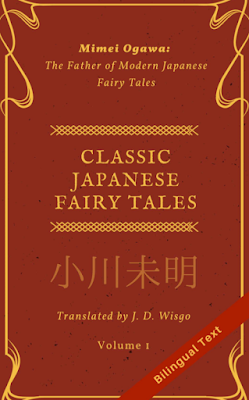"The Metamorphosis" by Franz Kafka (published 1915)
Franz Kafka wrote The Metamorphosis, considered by many, scholars and plebian alike, a masterpiece of 20th Century Literature. The Metamorphosis was originally written in German, the language of Kafka’s homeland, and was published in 1915.
This novella is an "absurdist” fable with many symbolic meanings and interpretations, some leaning toward the divide between religion and secularism. The text can also perhaps be read as a commentary on the alienated modern man who must separate from his immediate family (see Explanatory Notes On The Text by the translator of the Bantam publication, Stanley Corngold), or, perhaps a commentary on paranoia and mental illness. Kafka writes simply, with just enough detail for the reader to understand the story as well as just enough room for thoughtful interpretative speculation.
The basic plot is as follows: The central character is a hard-working man named Gregor Samsa. Gregor is a travelling salesman, and hasn’t missed a day of work in five years. Gregor lives with his mother, father, and sister, and as they are poor because of a previous debt, Gregor works hard to make the money to pay it off as well as to pay the bills. But one day, to his surprise, Gregor wakes up only to find himself transformed into a giant insect, similar to a cockroach. As Gregor gets used to his new body, which is heavy, weak, and sloppy – nowhere near as refined as Gregor’s previous human form – his family shuns him. His mother, father, and sister are terrified and repulsed by his presence, and so they lock him in his bedroom, stopping in only for short intervals of time to feed him. Gregor’s only connection to his family’s demise is, for a time, witnessed from the crack underneath his bedroom door. The Metamorphosis of Gregor into an insect is literally translated from German text to: “one that is not suitable for sacrifice”, thus connotating possible religious undertones.
This book is a fascinating read that points back to the very beginnings of the modern world. There is much written about our capitalist society driving us to isolation, and in that way The Metamorphosis is artistically ahead of its time (see the writings of Karl Marx, Frantz Fanon, and Erich Fromm, to name a few theorists). What is beautiful about this work is that it has two distinct appeals: 1) political commentary through the literary art form, and 2) a conceptual abstraction left for the reader to ponder. Does Gregor’s deep love for his family, especially his sister, prove overbearing and relentless, so much so that all ties must be severed? Is this text a subtle reminder to keep in mind one’s pride and vanity, for there may be more profound things to bear than complete dedication to one’s work and, maybe, the need to prove oneself as “respectable”? These are themes up for discussion.
Those who enjoyed The Heart Of Darkness by Joseph Conrad, for its allegorical nature, Notes From Underground by Fyodor Dostoyevsky, for the description of a time period (between the 19th and 20th Century, Europe), for the character representation of the modern man, and finally, those who responded to The Stranger by Albert Camus, for its commentary on the uncanny as well as being another staple of 20th Century European literature, will most likely find Kafka’s The Metamorphosis a welcome addition to their shelf.




Comments
Post a Comment